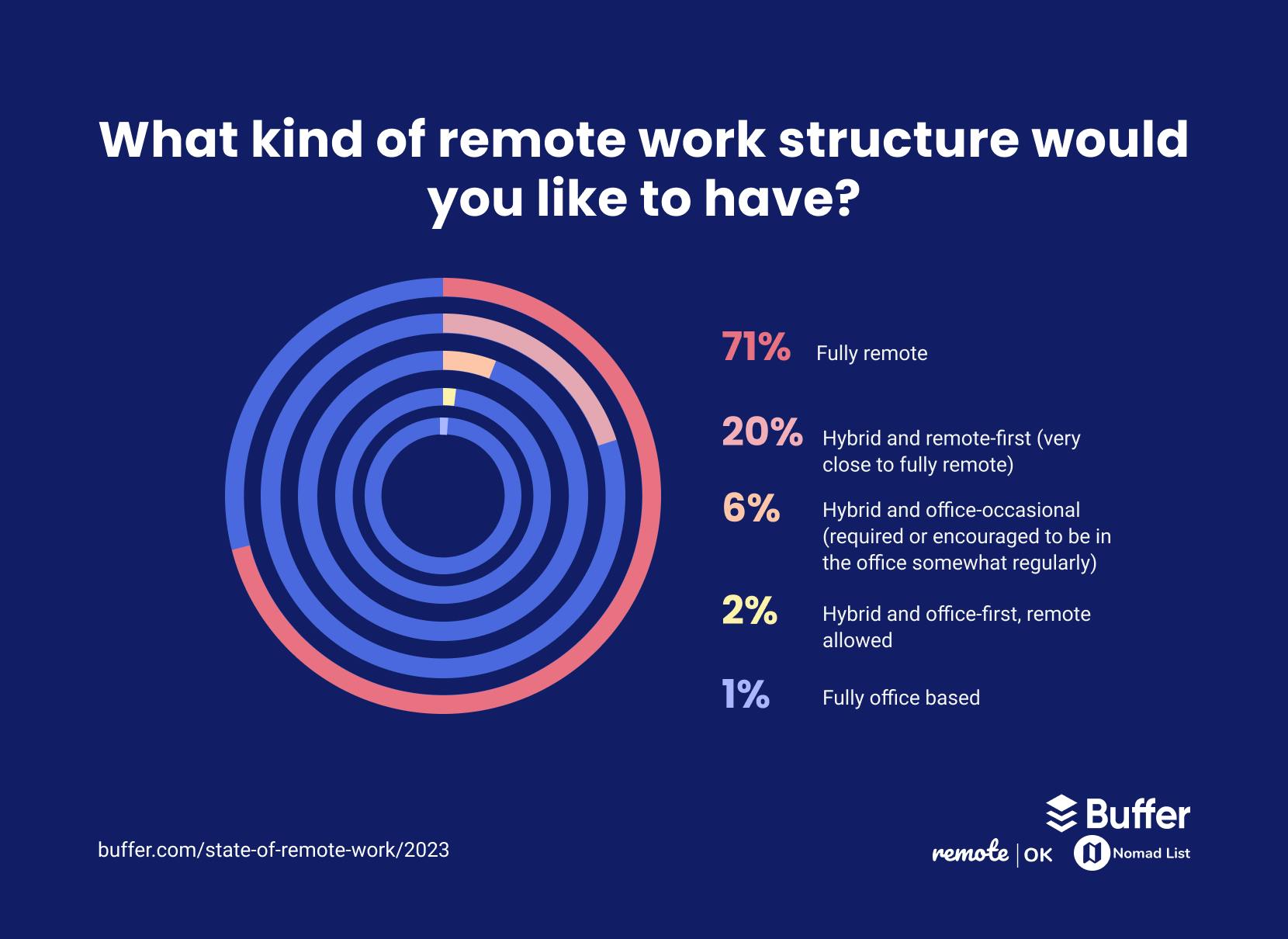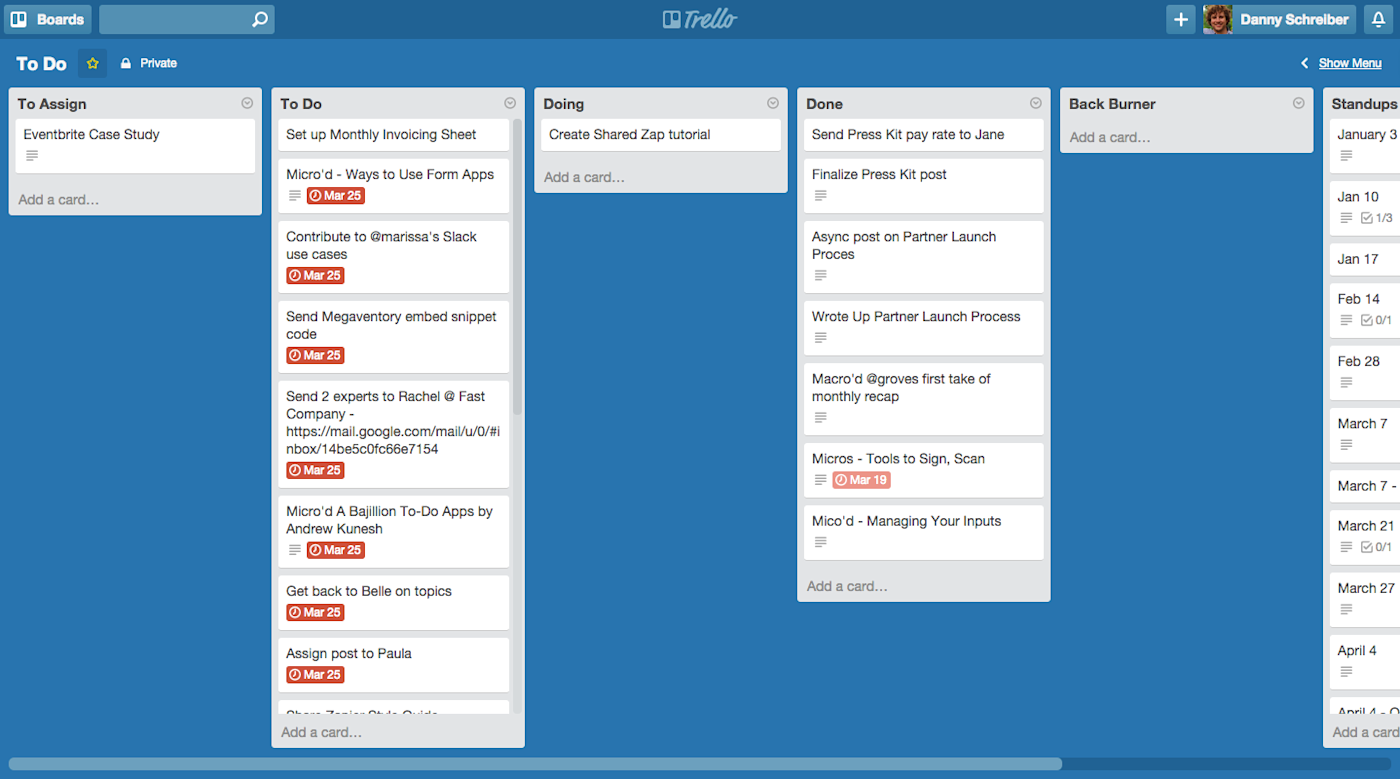Lessons from Case Studies: How Remote Work Innovations are Shaping Company Cultures for the Future
Meta Description: Explore how remote work innovations are reshaping company cultures through insightful case studies and actionable strategies for HR professionals and business leaders.
In today's rapidly evolving work landscape, organizations around the globe are faced with the challenge of redefining their cultures in response to the rise of remote work. From enhancing employee engagement to fostering collaboration across diverse teams, the innovations brought about by remote work are proving transformative. This blog post delves deep into the lessons learned from various case studies, illustrating how companies are navigating this new terrain while shaping their future cultures.
As a digital marketing specialist with over 5 years of experience, I've had the opportunity to help numerous organizations understand and implement successful remote work strategies. My insights are informed by working with businesses across different sectors and examining how they adapt to the ever-changing dynamics of remote collaboration.
The Rise of Remote Work: Key Statistics
The shift toward remote work has been astonishing. According to a Gallup report, the percentage of remote workers has increased by 44% since the onset of the COVID-19 pandemic. Companies are not merely adopting remote work as a temporary solution; they are recognizing the long-term benefits. Research from Stanford University indicates that remote workers are 13% more productive than their in-office counterparts due to fewer distractions and the ability to work in an optimized environment. As we dive deeper into this topic, it's essential to explore various case studies that shed light on effective strategies for cultivating a positive and productive remote work culture.
Case Studies: Pioneering Companies and Their Approaches
GitLab: The Fully Remote Company

GitLab stands as a beacon for how a fully remote company can flourish. With over 1,300 employees scattered across the globe, GitLab has meticulously crafted a documented set of company values and a comprehensive employee handbook. This resource not only ensures alignment but also fosters a strong sense of community among remote employees. GitLab exemplifies how transparent communication and clearly defined values can create an effective culture.
Buffer: Transparency at Its Core

Buffer has set the standard for transparency within the remote work era. By openly sharing salary data and detailed remote working practices, Buffer fosters a culture of trust and accountability. Their commitment to openness has led to high employee satisfaction and engagement, illustrating the powerful impact of transparency in building company culture, especially in a remote setting.
Zapier: Embracing Asynchronous Communication
With a workforce spanning 17 time zones, Zapier has skillfully harnessed asynchronous communication to maximize productivity without compromising culture. By promoting tools that facilitate seamless communication regardless of when team members are working, Zapier effectively manages collaboration and ensures all employees feel connected. This model demonstrates how time zone differences, if approached correctly, can enhance rather than hinder teamwork.
The Impact of Remote Work on Employee Engagement and Productivity
Data from research firm Owl Labs reveals that 77% of remote workers report increased productivity levels when working remotely. This rise in productivity is often attributed to flexible working hours, reduced commute times, and personalized work environments. Employee feedback further underscores this shift; many remote workers express feelings of greater happiness and work satisfaction.
To showcase the human side of these statistics, consider testimonials revealing personal experiences with remote work environments. For instance, one remote employee mentioned, "I love being able to structure my day around my peak productivity hours; it has made me more engaged in my work."
Best Practices Derived from Case Studies
Effective Communication Tools
In the age of remote work, communication tools play a pivotal role in team collaboration. Companies like Automattic leverage custom platforms such as P2, inspired by WordPress, to promote open discussions and project tracking among their fully remote teams. Such tools encourage participation and eliminate information silos, thus enhancing overall productivity.
Emphasizing Flexible Work Schedules
Another common theme among successful remote companies is the provision of flexible work schedules. A study by the Harvard Business Review illustrates that organizations championing flexible hours enjoy 25% higher employee satisfaction rates. Companies that enable employees to select their own working hours often witness an increase in morale and commitment to their roles.
Innovations in Company Culture During Remote Work
With remote work becoming the norm, many organizations have adopted innovative practices to maintain a sense of community among team members. For example, weekly virtual coffee breaks, fitness classes, and team-building exercises can help bridge the gap created by physical distance. Salesforce, for instance, has integrated mindfulness resources into its culture, promoting employee well-being while reducing burnout.
Challenges and Lessons Learned
Despite the numerous benefits of remote work, challenges remain. Feelings of isolation and communication barriers are common issues faced by remote teams. Trello, for instance, has implemented regular check-ins and mental health initiatives to counteract these obstacles, demonstrating that proactive measures can foster a supportive environment.
Moreover, organizations have tweaked their mission statements and values to better align with the remote work model. Microsoft, for example, has embraced a growth mindset culture that emphasizes adaptability, highlighting the importance of evolving with the changing times.
Future Predictions for the Work Landscape
Experts predict that remote work is here to stay. According to Deloitte, by 2030, as much as 70% of the workforce will be working remotely at least occasionally. As we anticipate this shift, it is crucial for leaders to rethink managerial practices. Focus will shift from hours worked to outcomes achieved, necessitating a change in how managers lead and motivate their teams.
Recommendations for Implementing Change
To facilitate a smooth transition to a more remote-friendly culture, companies should take a structured approach. Here’s a step-by-step action plan based on case studies:
Assess Current Practices: Conduct surveys to understand employee needs and perceptions regarding remote work arrangements.
Define Values and Goals: Clearly articulate organizational values and goals that align with remote work, emphasizing transparency, flexibility, and mental health.
Adopt Communication Tools: Implement tools like Slack or Microsoft Teams for seamless communication, ensuring that team members feel connected and engaged.
Encourage Flexibility: Foster an environment where flexible working hours are the norm, allowing employees to work during their most productive times.
Measure Effectiveness: Regularly evaluate the impact of remote work policies on productivity and employee satisfaction, making adjustments as needed.
By following these recommendations, organizations can position themselves to thrive in the new world of remote work.
Conclusion
The shift to remote work has irrevocably changed how organizations operate, and the lessons learned from case studies of successful companies provide invaluable insights. By understanding best practices, acknowledging challenges, and implementing innovative strategies, businesses can effectively shape their cultures for the future.
As remote work continues to evolve, staying updated on trends and sharing experiences can enrich the conversation around organizational culture. Explore more about how to adapt your company’s culture to a remote setting, or join our newsletter for ongoing insights into navigating the complexities of the modern workplace. Engage with us in the comments below and share your thoughts or experiences related to remote work innovations!

